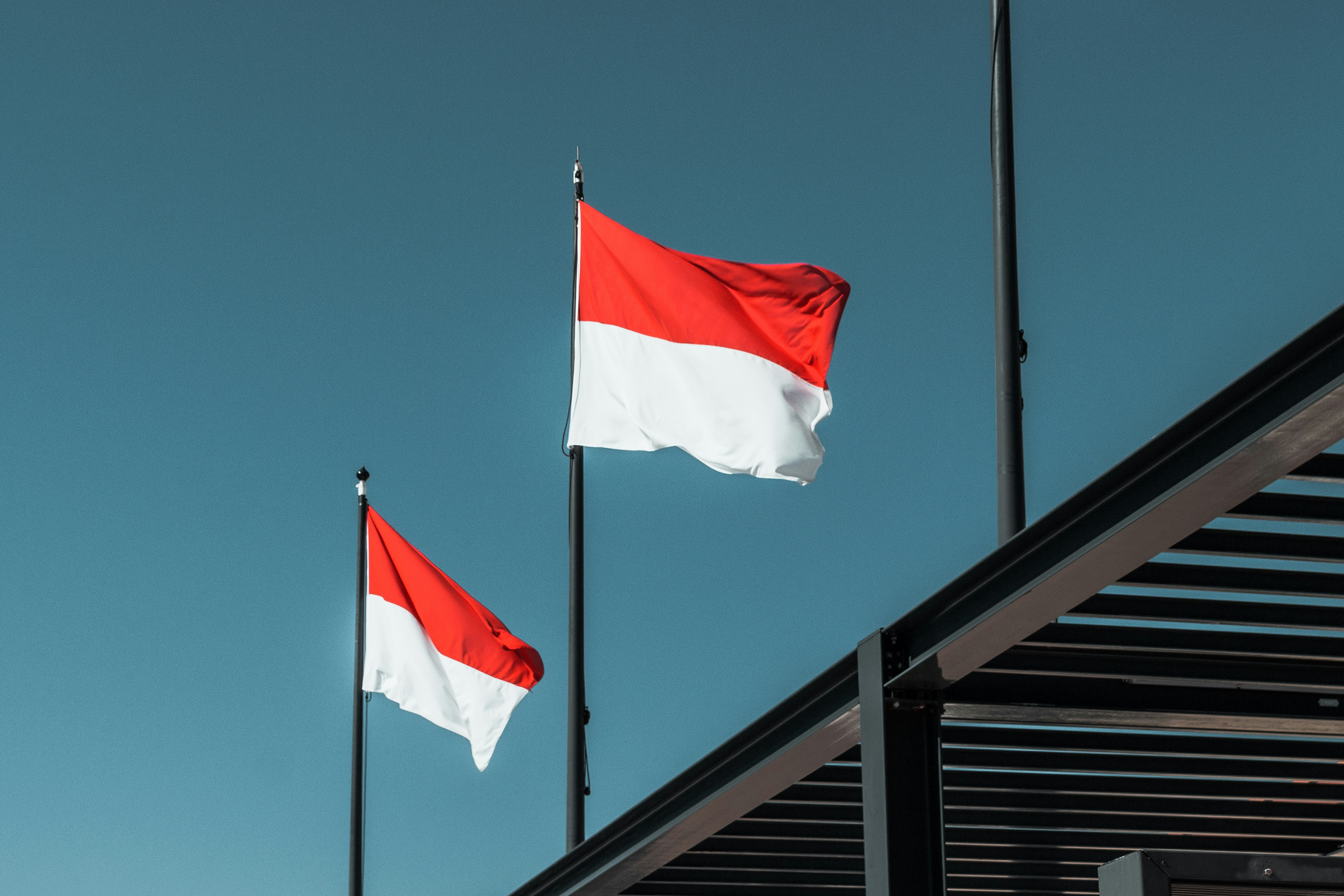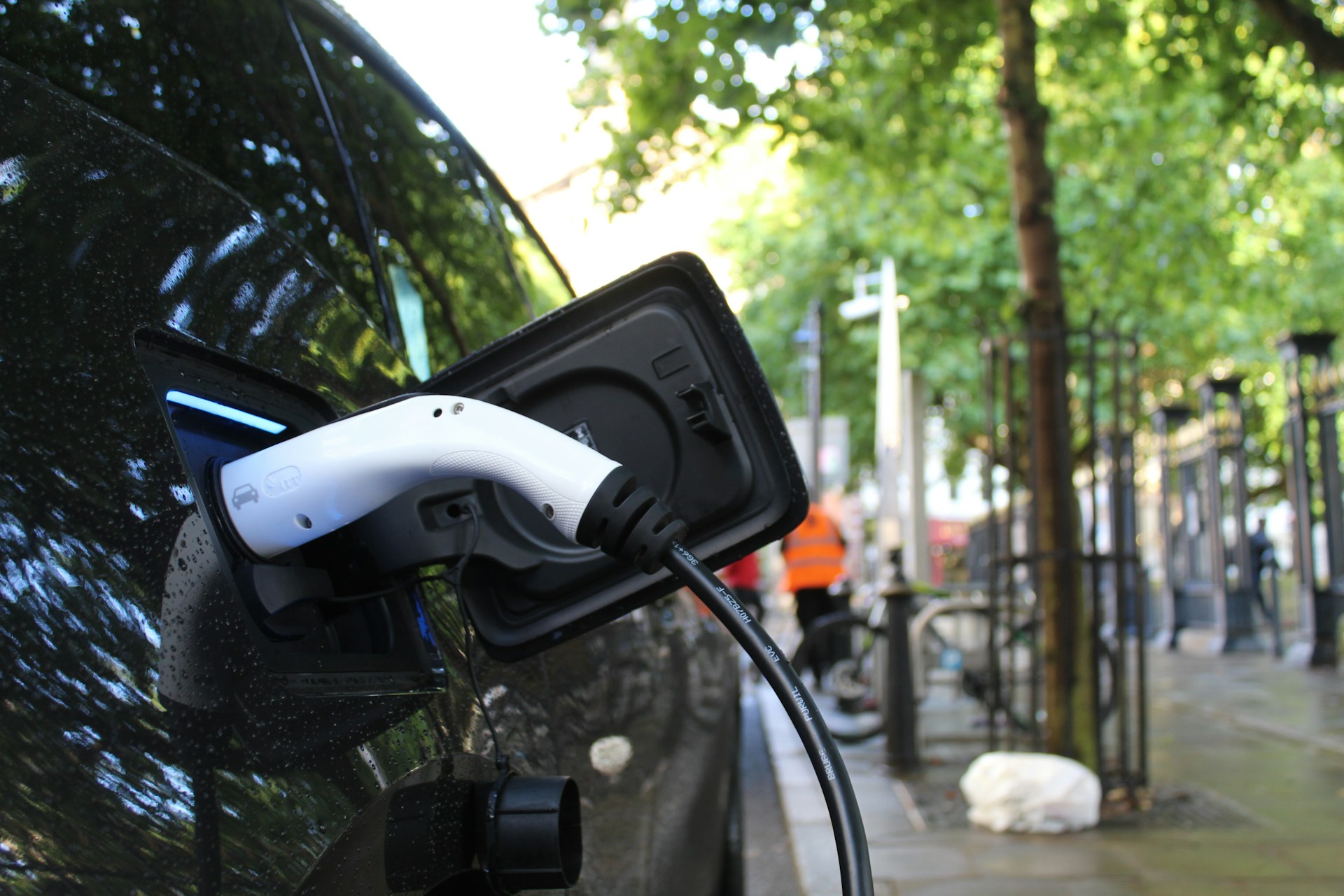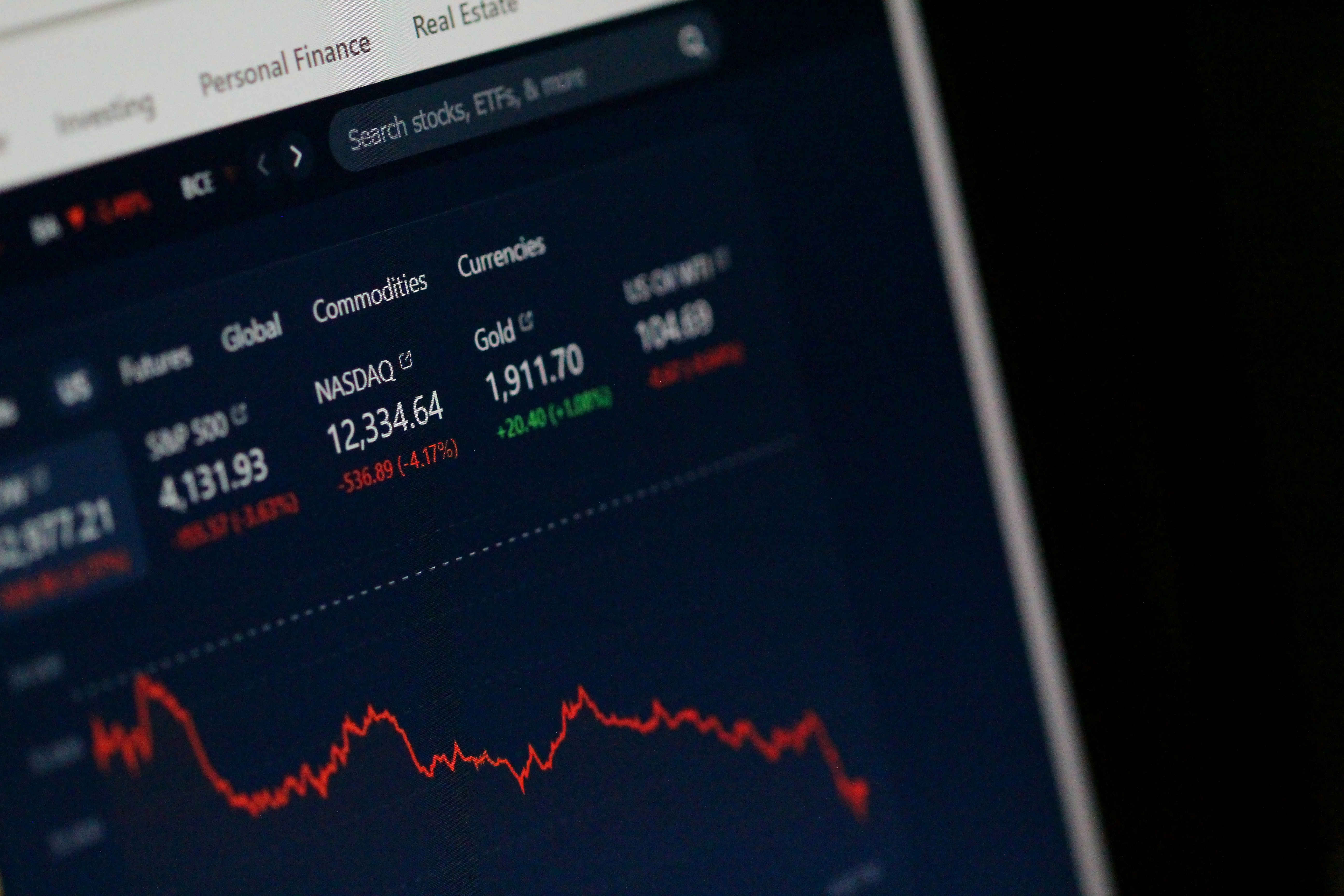The paper seeks to quantitatively measure the impact of fiscal policy on income distribution and poverty in Indonesia using a CGE model.
The paper seeks to quantitatively measure the impact of fiscal policy on income distribution and poverty in Indonesia using WAYANG, the CGE model for Indonesian economy. We find that scenarios for fiscal expansion significantly influence income distribution and poverty. Fiscal expansion mainly benefits urban households and non-labour rural households basically, the wealthiest segments of the society. We have are several explanations. First, factors of production owned by these segments allowed them to reap the most benefits from fiscal expansions. Second, these households are least affected by price increases due to their consumption structure. Finally, we find that, in real terms, the Indonesias taxation system burdens poorer households more than richer ones.







